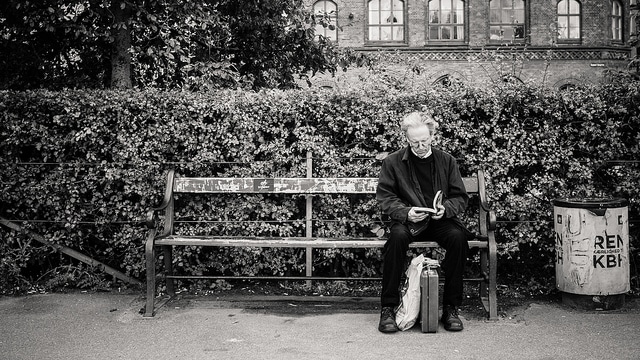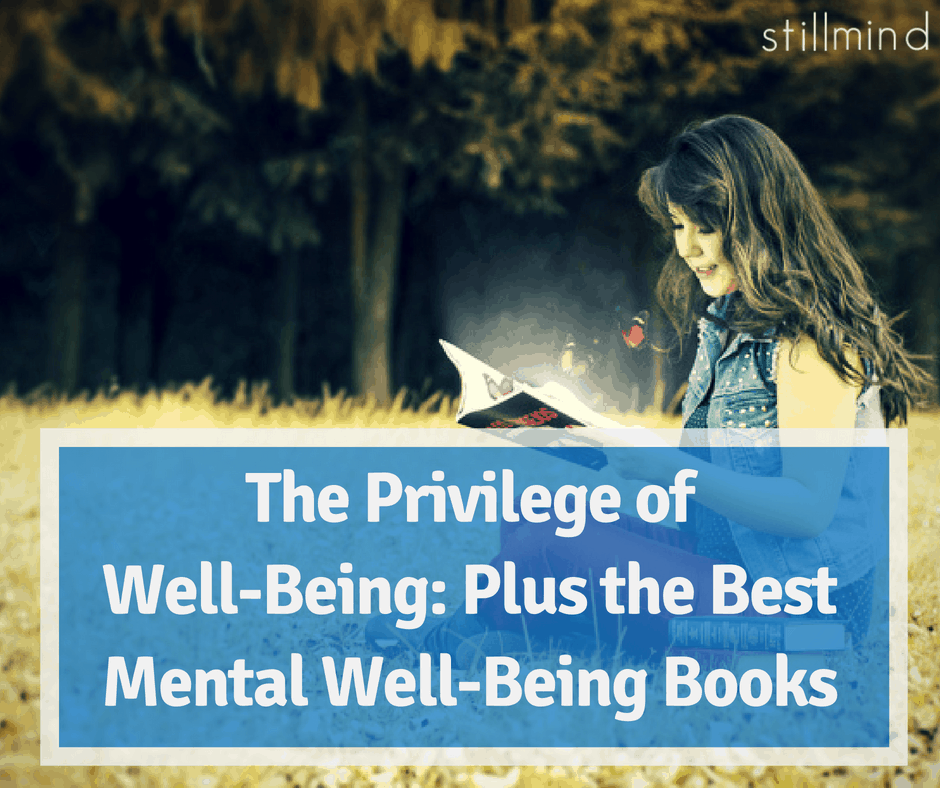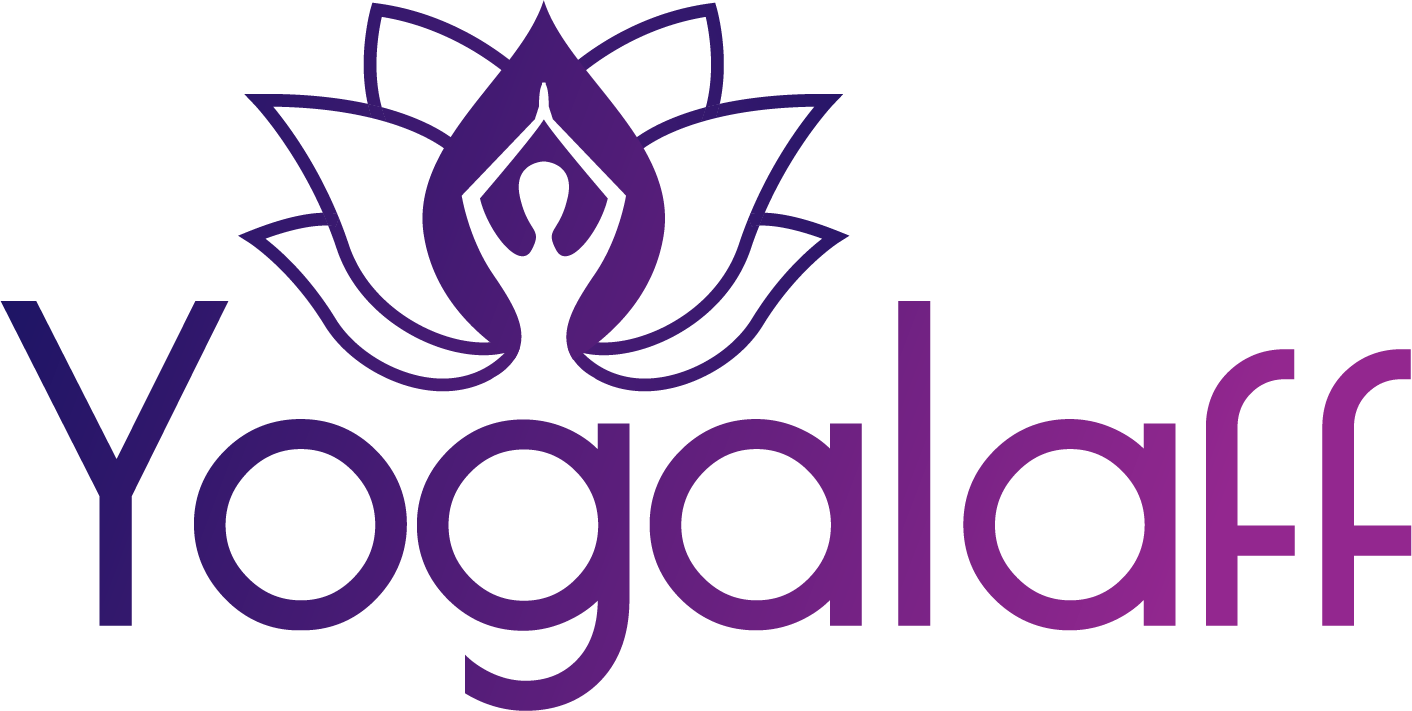 I’ve read a lot of books on the topic of meditation over the last few years. Occasionally one will stand out as special.
I’ve read a lot of books on the topic of meditation over the last few years. Occasionally one will stand out as special.
You can just seem to tell when the writing comes from a place of true knowledge and experience. I have, of course, my own tastes and inclinations but I’ve tried to keep the list of best meditation books as broad as possible.
As with others on the site, this “best of” list will be an ongoing project that I will add to as time passes. If you would like to submit your own suggestion please do get in touch or leave your recommendations in the comments.
The Best Meditation Books (for Very Busy People)
For the Ultra-Busy: Making Space Creating a Home Meditation Practice by Thick Nhat Hanh
“Making Space,” by renowned Buddhist monk Tich Nhat Hanh, is a perfect introduction for people who haven’t got time to read a full book.
It’s slightly larger than A5 size and only 90 pages long (you could quite easily get through it in an hour).
It outlines two foundational techniques: breathing and metta (loving-kindness) meditation. Alongside this, small practical changes are suggested to make a space in your home that is conducive to practice. A lovely little book.
The Art of Meditation by Mattieu Ricard
Matthieu Ricard, the author, is a Buddhist monk and French translator for the Dalai Lama.
It’s probably the best overall introduction to meditation that I’ve read. It outlines all of the basic techniques alongside rooting the ideas in the basic tenets of the Buddhist philosophy from which they originate.
There’s a very strong emphasis on the practical applications of meditation.
He explains how a practice can aid us in working through our own inner difficulties and in fostering positive states of mind (emotional stability, attention, day-to-day calm, etc.) Highly recommended.
Meditation for Your Life: Creating a Plan that Suits Your Style by Robert Butera
Robert Butera is a yoga teacher with a great deal of experience studying contemplative practices from an academic standpoint.
That said, his work is never stuffy! The book outlines six different types of meditation – breath, visualization, mantra, devotion, mindfulness, contemplative inquiry – and the emphasis is on finding the best one for your particular temperament.
It’s a great manual, especially because of the personal approach, and Butera’s deep knowledge of his subject shines through on every page. It’s a longer book so it may be best-suited for those with a little more time.
Meditation In A New York Minute: Super Calm for the Super Busy by Mark Thornton
I also included this in my list, “Best Mindfulness Books (for Busy People)“. The unique thing about this book is that Mark’s approach is directed specifically a those who struggle to find time for meditation.
His philosophy is simple: capitalize on those moments when you’re not really doing anything (in the shower, on the train to work, walking between meetings or down the street, etc.) to practice, even if only for a minute.
All of these small moments added up, will create a genuinely transformative force in your life. There’s a lot about this path that I like and it really does make a difference.
It’s also available as an audio-book, read by the author.
The Attention Revolution: Unlocking the Power of the Focused Mind by B. Alan Wallace
B. Alan Wallace is one of my favorite writers period. He’s a deeply insightful teacher with an unrivaled grasp of Buddhist meditation and philosophy.
Whilst the earlier parts could be read on their own for a strong understanding of basic meditation techniques, this book is for those who are looking to go further.
It’s an in-depth look at the path to developing mental stability, or shamatha. Wallace also explores many of the common pitfalls of meditative practice and how they can be overcome.
The Power of Stillness: Learn Meditation in 30 Days by Tobin Blake
I came across this book by Tobin Blake almost by accident. It’s a great little read and one that includes many areas that aren’t usually given much attention (“Meditating with Music” for example).
Each chapter is no more than a few pages so it’s very good for dipping in and out of. As a whole, the book is a concise and comprehensive overview of meditation and the many different techniques therein.
Get Some Headspace: How Mindfulness Can Change Your Life in Ten Minutes a Day by Andy Puddicombe
By the founders of the hugely popular meditation app “Headspace.” This simple manual is an original and knowledgeable introduction by a former Buddhist monk.
The tone is light and there’s a strong emphasis on meditation seen as a tool to work through the problems of modern life.
It’s a secular book that’s filled with entertaining analogies to illustrate vague concepts.
Mindfulness With Breathing: A Manual for Serious Beginners by Buddhadasa Bhikku
If you want a more advanced meditation manual from a Buddhist perspective I sincerely recommend this book.
You may want to read it in conjunction with Rosenberg’s companion book “Breath by Breath.”
It’s an edited transcript from a lecture given in Thailand. Not a quick and not necessarily an easy, read, but an excellent introduction to meditation and its surrounding philosophy from a Buddhist perspective.
Daily Meditations for Calming Your Anxious Mind by Jeffrey Brantley and Wendy Millstine
This is a book of guided meditations rather than an instructional manual. It’s worth having to dip into every now and again as your mood suits.
The meditations are suitable for any situation, not just for calming anxiety.
Welcome to Stillmind’s collection of the best mindfulness books. I’ve included “for busy people” in brackets because all of these books, whilst useful for absolutely anybody, are especially well-suited for people with busy lifestyles.
I intend for this list to be a growing project. Both me (Dan) and Thiru will add more recommendations as time passes. I hope you enjoy our selections:
 1. Mindfulness on the Go: Peace in Your Pocket by Padraig O’Morgan
1. Mindfulness on the Go: Peace in Your Pocket by Padraig O’Morgan

It’s not that O’Morgan offers the most in-depth or even the most insightful overview of the topic. He doesn’t.
Rather, it’s the structure that I find most appealing. It’s superbly designed for time-stretched people.
The first chapter is a concise definition of mindfulness and the second a summary of recent scientific research.
The remaining chapters are situation-specific so you can dip in and out as you need to. You could read the chapter titled, “Mindfulness at Work” in the morning and have everything you require for the rest of your day.
2. Meditation in A New York Minute: Super Calm for Super Busy by Mark Thornton
One of my favorites and partly an inspiration for this blog.
Included are a range of mind-body techniques (not just mindfulness) from a variety of wisdom traditions.
Mark Thornton’s approach is practical, theory is light but not neglected.
The book was unabashedly written for busy professionals. Mark’s core advice is to have lots of small moments throughout the day.
These will add up to a significant period. He describes a variety of practices, from Qigong to mindful eating, with the intention of helping you find your own personal path. It’s also available as an audiobook.
3. Real Happiness at Work: Meditations for Accomplishment, Achievement, and Peace by Sharon Salzberg
Another of my all-time favorite books (read my review).
Sharon Salzberg talks in great depth about how we can foster positive qualities (she calls them the “8 Pillars of Happiness”) that will naturally lead to balance and satisfaction on the workplace.
It’s an intelligent exploration of the difficult situations that we face at work and how we can use mindfulness-based exercises to remedy them.
It’s a more attention and time-consuming read but it’s also a potent tool for developing a healthy philosophy about how to approach working life.
4. The Miracle of Mindfulness: An Introduction to the Practice of Meditation by Thich Nhat Hanh
In his typically poetic style, Thich Nhat Hanh guides you through the fundamentals of mindfulness. This book is, in my opinion, the most engrossing.
It leads you into a felt grasp of what mindfulness is and how it fits into your emotional world.
There’s a lot of overlap with Buddhist philosophy so it might be a book to avoid if you’re looking for a strictly secular approach.
Another point, Thich Nhat Hanh also talks at depth (as much as is possible in a 150-page book, at least) about formal meditation practice. There’s a nice balance between “everyday” mindfulness and formal practice.
5. The Healing Power of the Breath: Simple Techniques to Reduce Stress and Anxiety, Enhance Concentration, and Balance Your Emotions by Richard P. Brown and Patricia L. Gerbarg
Not strictly a “mindfulness” book but one that’s filled with practical exercises. The tone is scientific, occasionally to the point of being a little bland.
There’s absolutely no religious/spiritual context. I’m a big fan of breathing exercises and I think they should be the first step for people looking for natural ways of overcoming daily problems.
I’ve spoken about coherent breathing before, a technique that was taken directly from this book. There’s also a CD included that guides you through all of the techniques listed. Plus, I’m an advocate of music meditation.

Jump to: Best Well-Being Books to Read | Best Well-Being Blogs to Read
The freedom to seek out exceptional health is a gift of our time.
A myriad of experts, including doctors, nutritionists, neuroscientists, and psychologists, are jointly asking “How can we treat or prevent illness?”.
“What might a picture of optimal well-being look like?”
“How can we achieve it?”
The well-being books and blogs listed here represent some of the most important work that has arisen out of that question.
This page is organic, growing as important books come along. So, I recommend that you bookmark it and check back often.
I hope that you enjoy the selection of the best well-being books and blogs, but first, let’s start with understanding the privilege of well-being.
In this Ted Talk, Kerri Kelly explores well-being and the possibility that if we work together, then everyone can reap the benefits of well-being.
Kelly’s a yoga professional, an organizer, coach, non-profit managing director and an agent of change. She was also once an athlete and a corporate executive.
Best Mental Well-being Books to Read
The focus here is on mental health and mind-body wellness as opposed to purely physical well-being.
Buddha’s Brain: The Practical Neuroscience of Happiness, Love, and Wisdom by Rick Hanson
“The remedy is not to suppress negative experiences; when they happen, they happen. Rather, it is to foster positive experiences—and in particular, to take them in so they become a permanent part of you.”

Compacted into two hundred and fifty pages is an explanation of the neurological mechanism suffering and a set of Buddhist-rooted techniques for achieving happiness.
Rick Hanson skilfully balances scientific understanding with a respect for spiritual ideas and practices. Even if you’re not a Buddhist or drawn to Buddhism, you’ll still be able to savor the meat of this book. It’s one of the best well-being books we’ve read.
Stumbling on Happiness by Daniel Gilbert
“If you are like most people, then like most people, you don’t know you’re like most people.”

We often bring a bias to books on the topics of happiness – we’ve read that much clichéd content (usually online) that we think we’ve heard it all before.
It’s unlikely, however, that you’ve encountered the insights contained in Stumbling on Happiness. He dedicates a lot of time to examining imagination and it’s role in our unhappiness.
The Good Life: Wellbeing and the New Science of Altruism, Selfishness, and Immorality by Graham Music
I think we can reframe the idea of an innate battle within the human soul between good and bad, selfishness and selflessness, by looking hard at what factors tilt any person, or indeed any organisation or society, in one or other direction.

He roots his ideas in both a breadth of scientific research (he is a clinical psychologist by trade) and a succinct understanding of how a hyper-competitive, consumerist narrative can often be detrimental to our health.
He goes on to explore how real well-being rests on a foundation of kindness and openness to change. Erudite, provocative and endearing in equal measure, The Good Life comes highly recommended.
The Happiness Advantage: The Seven Principles of Positive Psychology That Fuel Success and Performance at Work by Shawn Achor
Habits are like financial capital – forming one today is an investment that will automatically give out returns for years to come.

is another book about the psychology of happiness. A Harvard course on positive psychology that Shawn taught inspired The Happiness Advantage.
At its heart is the premise that success and happiness aren’t necessarily achieved in that order – rather, it is often (he makes it clear that you can be entirely successful and miserable at the same time) the case that happiness that precedes success.
Whilst that might just seem like a repeating of the commonplace, “Just do what you love,” it’s a principle based on concrete links to productivity, job satisfaction, and our social relationships.
A Healthier, Happier You: The Welldoing How-To Guide
Choosing to pay attention to negative feelings will keep you in touch with yourself and make you whole again. From a place of wholeness you can move toward the self-actualisation your heart longs for.

A multitude of psychologists and writers come together to offer their thoughts on mind-body health. The result is insightful and practical; scientifically-based, whilst also drawing on philosophy and personal experience. At forty-eight pages long, it’s a quick, enjoyable read.
The Best Well-being Blogs to Read
The Science of Health, Happiness, and Social Connection by Emma Seppala: Pretty lofty topics. But if there’s anyone qualified to talk about them it’s this Stanford-University-based researcher. Her own research into loving-kindness meditation is particularly interesting.
The Third Metric at Huffington Post: A testament to the growing interest in measures of success beyond wealth, power and money. The Third Metric hosts some of the top wellbeing and happiness experts and is easily worth a morning skim-through.
Image Credit: Reading by Daniele Zanni













